coccidia in cats uk
Coccidia are small protozoans that live in the intestinal tract of dogs and cats. Dosage 2 50mgkg as a single dose dogs n13 cats n25.

Common Parasites Found In Cats Dundas Euclid Animal Hospital
Coccidia species recognised in sheep in the UK major pathogenic species in bold.

. Coccidia are single-celled organisms that can act as a parasite after infecting your cat through the gastrointestinal tract. Usually coccidiosis is associated with other infectious agents immunosuppression or stress. The good news is that healthy adult cats rarely get sick with coccidia and most cats can beat coccidia infections on their own without treatment.
The condition can also affect cats but it is not transmittable to humans. The most commonly prescribed medication. They are highly resistant to environmental conditions so cleanliness is important to prevent re-infection.
The sporulated oocysts release sporocysts containing sporozoites on ingestion and infect another host of the same host species. What Are the Symptoms of Coccidia in Dogs and Puppies. In kittens it is seen primarily during weaning stress.
They are microscopic parasites that live within the cells that line the intestine. Coccidia are parasitic single-cell organisms that live within the intestine and can lead to an infection of the intestinal tract of the dog known as coccidiosis. Coccidiosis is an intestinal tract infection caused by a one-celled organism called coccidia.
In cats most coccidia are of the genus group called Isospora. Coccidia in kittens and cats inhabit the intestinal tract. Coccidiosis is an intestinal tract infection caused by a one-celled organism a protozoa called coccidia.
Cats 25 25 mgmL. The most common form affecting cats Isospora is not a concern for infecting people unlike Toxoplasma. Kittens that are dehydrated may require IV fluids to help them recuperate.
Symptoms include watery stool with mucus or blood fever and in some cats neurological. Or dosage 3 20mgkg as a single dose dogs n16 cats n23 in shelter-housed dogs n43 and cats n64 with confirmed coccidiosis. The most common clinical signs in severe cases are diarrhea sometimes bloody weight loss and dehydration.
These sporulate over a period dependent on climatic conditions taking longer in cold weather. Does anyone know how common this disease is. The cause of coccidia in cats is a parasite that infects the host.
They cause disease most commonly in puppies and kittens less than six months of age in adult animals whose immune system is suppressed or in animals who are stressed in other ways. In cats coccidia live in the intestinal tract and can cause diarrhea they are often confused with intestinal worms but coccidia is not worms. Discussion Starter 1 Aug 6 2005.
There are actually a number of different parasites that can cause the condition including the parasites Hepatozoon Isospora felis Isospora rivolta Toxoplasma gondii and Sarcocystis. Coccidia is a protozoan that infects the intestinal tract of cats and other species and causes coccidiosis. The aim of this study was to determine the efficacy of ponazuril paste at each of three dosages dosage 1 50mgkg q24 h for 3 days dogs n14 cats n16.
Joined Jul 31 2005 3 Posts. The main way that a cat can become infected is by ingesting the feces of another infected animal. There are several species of these tiny parasites that are found in cats and other mammals and some species are contagious to humans.
The most common clinical signs in severe cases are. Cats suffering from coccidiosis are treated with medication that prevents the growth of coccidia in the intestines. In the UK clinical coccidiosis is most often seen in lambs aged four to eight weeks old and it is not common in animals over three months old unless they are debilitated.
Coccidia are single-celled protozoan parasites that nearly all cats are exposed to in their lifetime. Cats 25 25 mgmL. Jump to Latest Follow 1 - 10 of 10 Posts.
Clinical coccidiosis although not common has been reported in kittens and puppies. The medication doesnt eliminate coccidia protozoa but helps the body to develop immunity towards the infection. Coccidia are small protozoans that live in the intestinal tract of dogs and cats.
Feline coccidia are acquired by ingestion of sporulated oocysts from contaminated environments.

Internal And External Parasites In Cats Front Street Animal Hospital
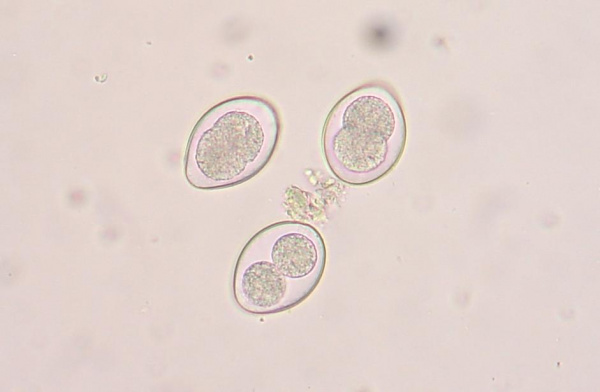
Coccidiosis In Cats Vca Animal Hospital

Most Common Parasites In Cats Wellesley Animal Hospital
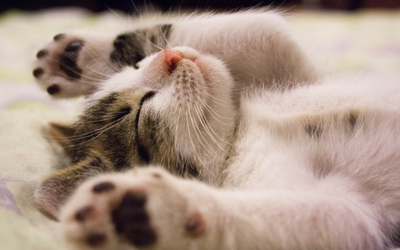
Coccidiosis In Cats Vca Animal Hospital
Coccidiosis In Dogs And Cats And Other Animals
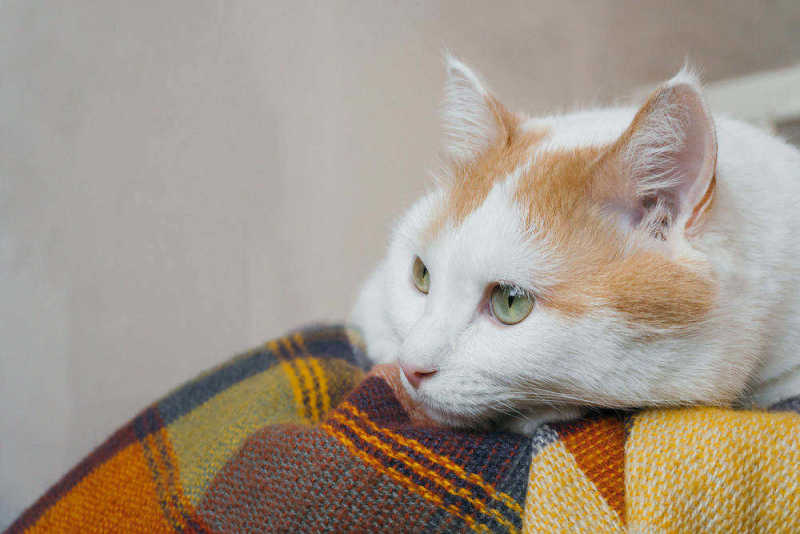
Giardia In Cats Small Door Veterinary

Internal And External Parasites In Cats Front Street Animal Hospital
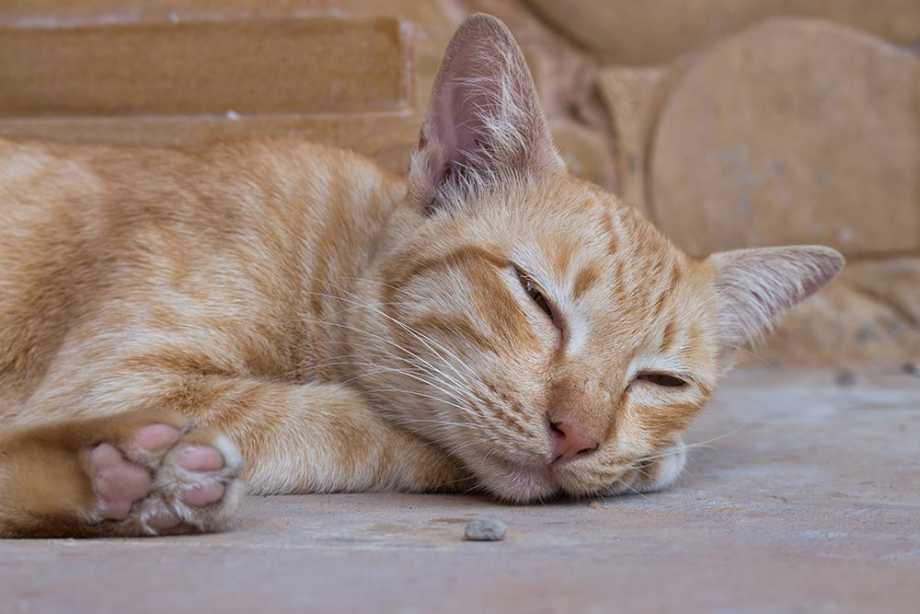
Coccidia In Cats Small Door Veterinary

Coccidial Oocysts From Cat Feces A Unsporulated Oocysts Of Download Scientific Diagram

Coccidia In Cats Signs Symptoms And How To Treat This Infection Daily Paws

Common Parasites Found In Cats Dundas Euclid Animal Hospital

Companion Animal Parasite Council Coccidia
Coccidiosis In Dogs And Cats And Other Animals
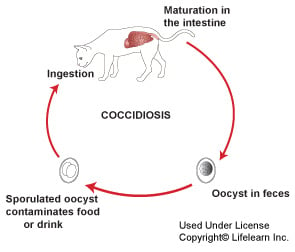
Coccidiosis In Cats Vca Animal Hospital

Internal And External Parasites In Cats Front Street Animal Hospital

Most Common Parasites In Cats Wellesley Animal Hospital
Ponazuril For Cats Nexgen Pharmaceuticals

Internal And External Parasites In Cats Front Street Animal Hospital
/ginger-cat-relaxing-1142424184-4e02175d72634795b60258da0a521b5f.jpg)